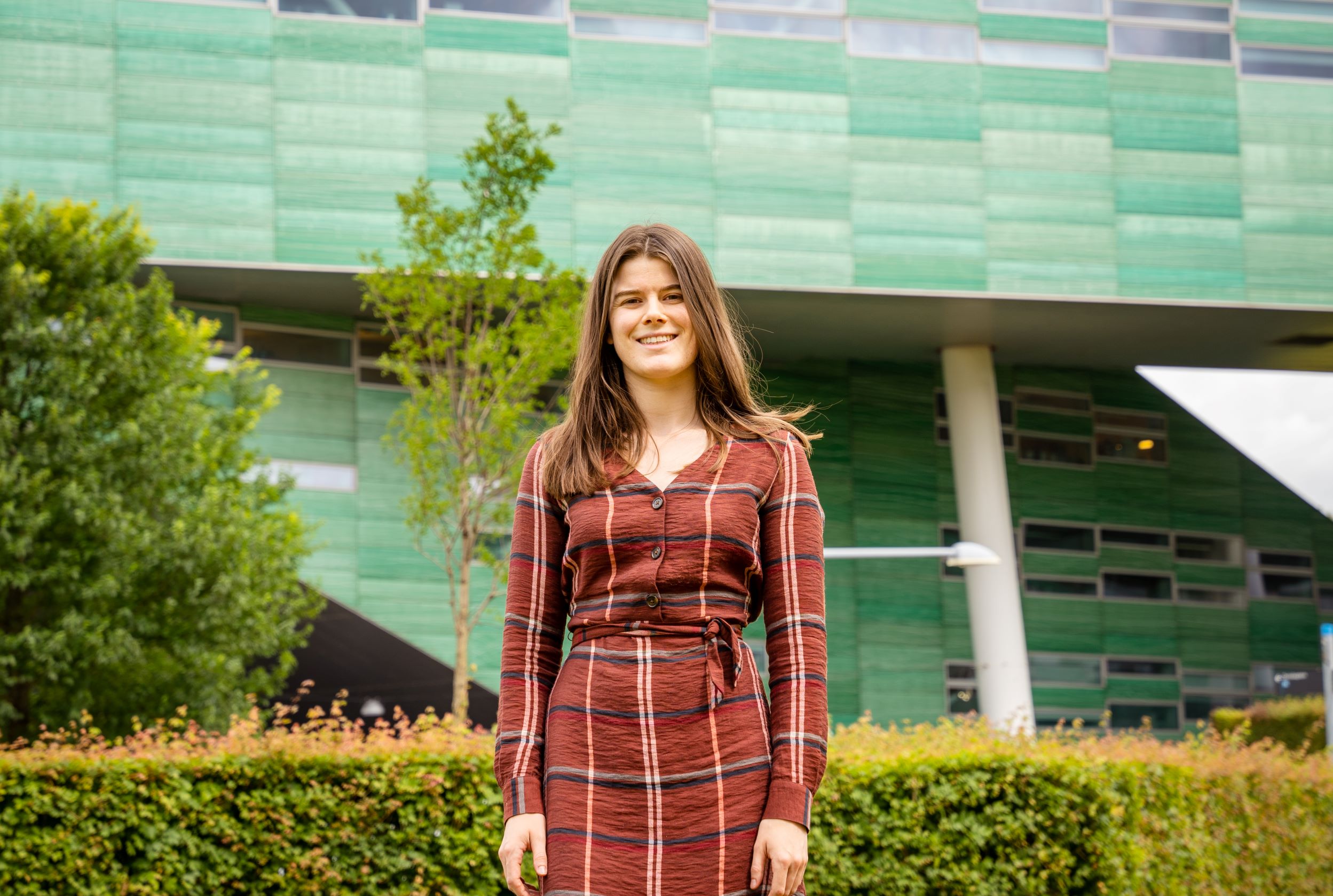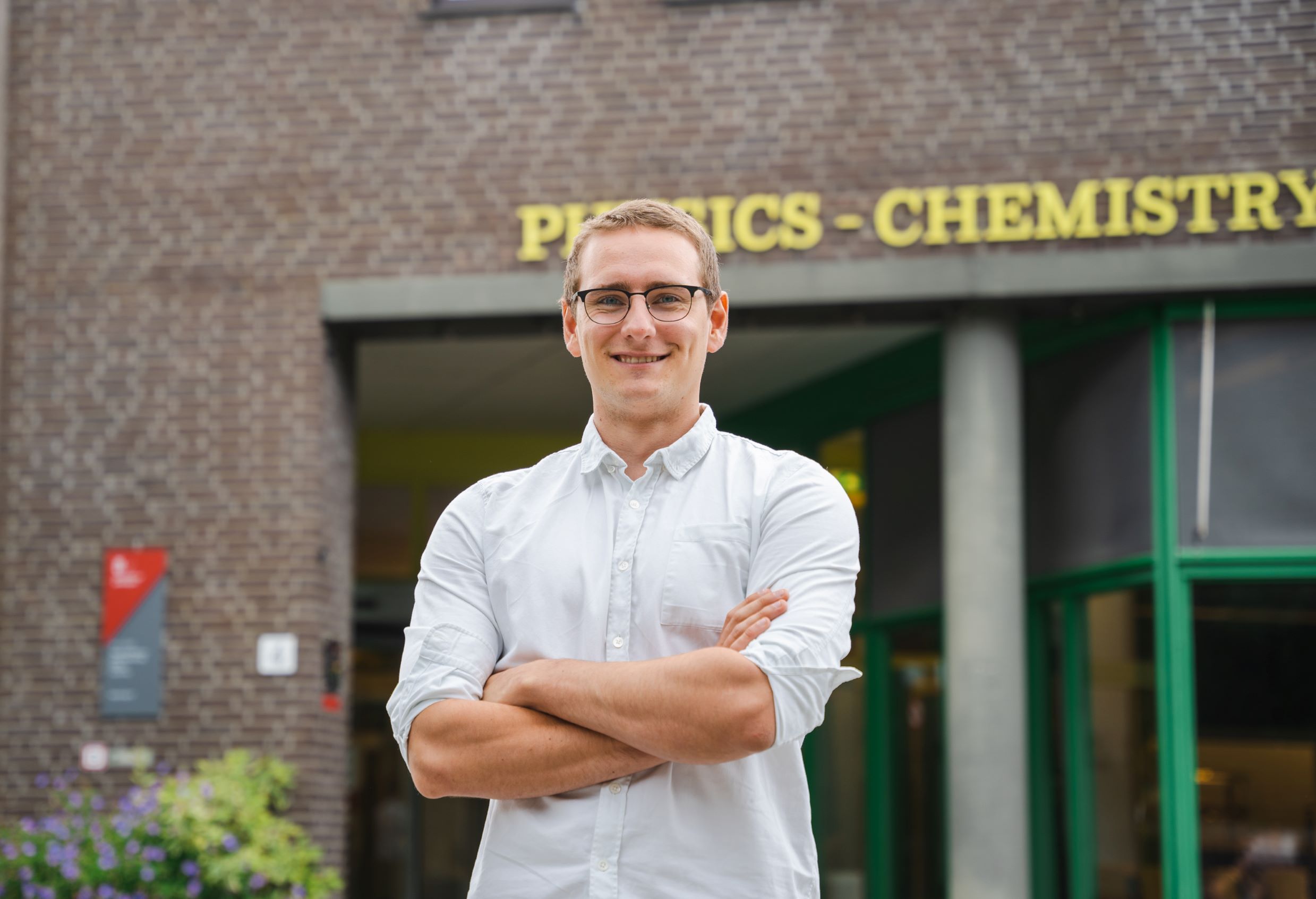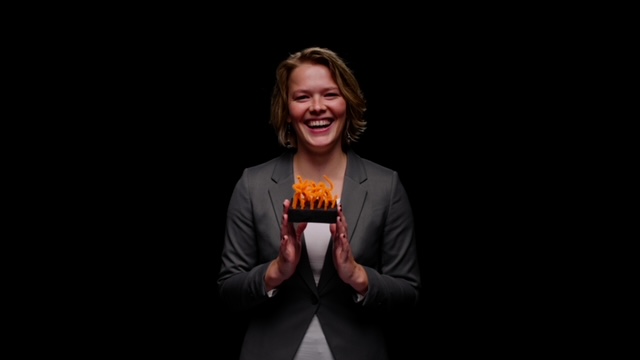The two-year programme is taught entirely in English and is embedded in an internationally-leading research environment. The programme offers a great deal of freedom in terms of topics and has a strong focus on research, with students spending 50% of their time in research labs. The research track in the programme offers several specializations with the possibility to design your own programme:
Catalysis in Chemistry, Advanced Synthesis, Synthetic and Chemical Biology, Protein Biochemistry, Supramolecular Chemistry, Polymer Chemistry, Organometallic Chemistry, Theoretical Chemistry and Modelling, and Solid State materials and Sustainable energy.
› Science, Business and Policy
This profile emphasizes the societal aspects of Science. You will gain valuable research experience and learn to implement your chemical knowledge in companies and policy organisations.
The Chemistry research project takes place in a research group within or across one of these specialisations. These groups are associated with three main research institutes that focus on chemistry: the Stratingh Institute for Chemistry, the Zernike Institute of Advanced Materials, and the Groningen Biomolecular Science and Biotechnology Institute. The programme also offers the opportunity to do a second research project in a lab abroad or in industry.
Apart from core subjects including reaction mechanism and spectroscopic methods, we teach and offer research projects across the entire spectrum of Chemistry, including: (in)organic synthesis, stereochemistry, polymer chemistry, supramolecular chemistry, homogeneous and heterogeneous catalysis, advanced spectroscopy, biocatalysis and protein engineering, organometallic chemistry, molecular dynamic, quantum mechanics, green chemistry, synthetic biology and systems chemistry.
Selective Master's degree programme
Admission to the Master's programme Chemistry is selective. Applicants have to fulfill the following admission requirements:
· An academic Bachelor's degree in Chemistry (or an equivalent degree)
· Sufficient English proficiency







